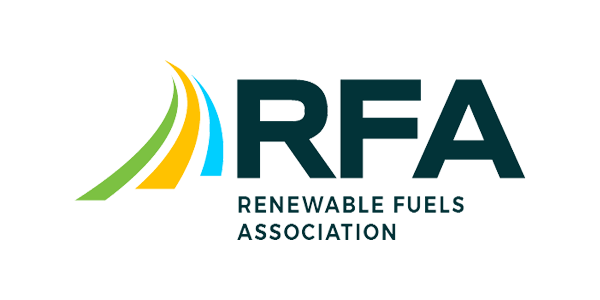
President Donald J. Trump has recently signed an executive order aimed at establishing the National Energy Dominance Council. This council is intended to be housed within the Executive Office of the President and will focus on strategies to achieve what the administration describes as “energy dominance” for the United States.
President Trump’s executive order signals a clear intention to prioritize energy production, speed energy infrastructure development, and reduce regulatory constraints.
Key Points of the Executive Order:
- New Council and its Composition:
-The order establishes the National Energy Dominance Council within the Executive Office of the President.
-The Secretary of the Interior, Doug Burgum, will serve as Chair of the Council, and the Secretary of Energy, Chris Wright, as Vice Chair. Members include the heads of various Cabinet departments (State, Treasury, Defense, Justice, Agriculture, Commerce, Transportation) and key government agencies (EPA, OMB, CEA, among others), ensuring a comprehensive approach to energy policy.
- Objectives:
-The primary goal is “to make America energy dominant.”
-The primary means to achieve U.S. energy dominance is the streamlining of the permitting and regulation of the production, generation, distribution, transportation and export of energy resources across all sectors.
-The council will advise the President on a national energy dominance strategy which promotes reliable, abundant and affordable energy by reducing bureaucratic obstacles, encouraging private sector investments, and promoting technological innovation.
- Policy Implications:
-Permitting Efficiency: The order could lead to faster approval times for energy projects, potentially accelerating the development of fossil fuels, biofuels, and infrastructure like pipelines and power plants.
-Regulatory Reform: A rollback of burdensome regulations can be expected.
-Economic and Job Growth: Economic growth and job creation will be boosted, particularly in the energy sector.
-National Security: The strategy also ties energy production to national security, implying that domestic energy dominance strengthens geopolitical leverage. The order thus names both the Secretary of the Interior, as Chair, to the National Security Council, and the National Security Advisor, likewise, to the National Energy Dominance Council.
- Potential Challenges:
-Legal and Environmental Opposition: Past executive actions on energy policy have often been met with legal challenges from environmental groups and states advocating for stricter regulations or enforcement, and this order might face similar pushback, especially concerning the potential relaxation of environmental oversight. The declaration of a national energy emergency the President, however, will make it very difficult to challenge.
Please feel free to reach out for further discussion or clarification on this matter.
*photo credit: of https://www.facebook.com/WhiteHouse







































